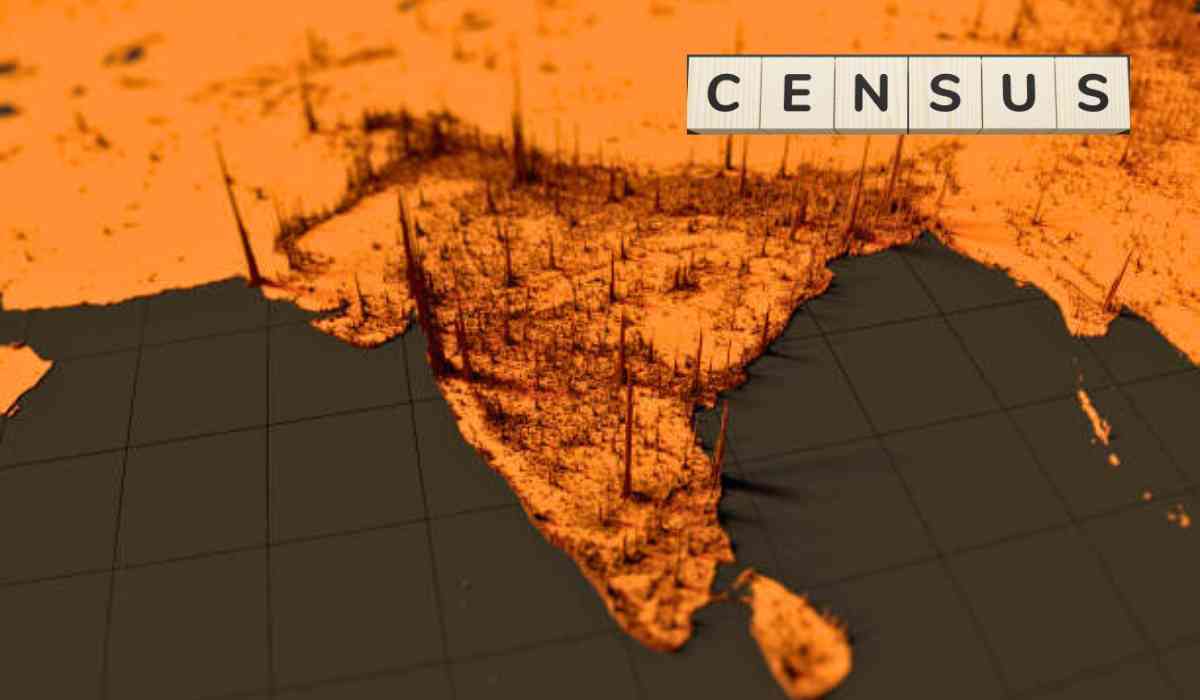India, renowned for its long-standing tradition of conducting the Census every ten years since 1881, is currently experiencing a delay in the anticipated exercise. Originally planned for April 1, 2020, the decennial Census had to be rescheduled due to the unprecedented impact of the COVID-19 pandemic. Furthermore, the recent announcement has extended the deadline for the administrative boundary freeze to June 30, 2024, allowing for additional time to complete this crucial task.

Key points:
1. Extended Deadline and Delayed Census:
The Additional Registrar General of India (RGI) has announced that the freeze on administrative boundaries has been extended until June 30, 2024. This extension, the ninth of its kind, means that the commencement of the Census will be delayed and is now anticipated to take place no earlier than October 2024.
2. Impact on Women's Reservation:
The delay has an impact on the implementation of the 128th Constitutional Amendment Act, 2023, also known as the Nari Shakti Vandan Adhiniyam. This legislation aims to reserve 33% of seats for women in Parliament and State Assemblies, but its execution is dependent on the completion of the Census.
Women Reservation Bill Passed By Cabinet; To Get 33% Allocation
3. Legislative Timetable:
According to recent announcements, the 2024 general election, scheduled for April and May, will be held before the census. This decision poses a challenge to the legislative body in the timely implementation of reservations for women.
4. Reason for delay:
Although the delay was initially attributed to the COVID-19 pandemic, subsequent communications, including updates from RGI, lack a clear reason for the continued postponement. Government agencies rely on 2011 Census data, creating uncertainty in policy development and grant allocation.

Apart from the Census delay, there are currently pending reports on births, deaths, and causes of death for the years 2021, 2022, and 2023. These reports, which are of utmost importance for planning and evaluation purposes, raise concerns regarding the comprehensiveness of vital statistics.
Summary
In conclusion, it is important to note that the postponement of the Census in India has implications that go beyond statistical data. The delayed implementation of women's reservations highlights the interconnectedness of administrative processes and legislative initiatives. As we eagerly await the completion of this crucial exercise, it is evident that challenges in planning and policymaking persist, further emphasizing the urgency for a prompt resolution.
You may also read: Census Has A New Form - 6 Religions, Bottled Water Find Their Place
Images: Stock photos
Ⓒ Copyright 2023. All Rights Reserved Powered by Vygr Media.
























